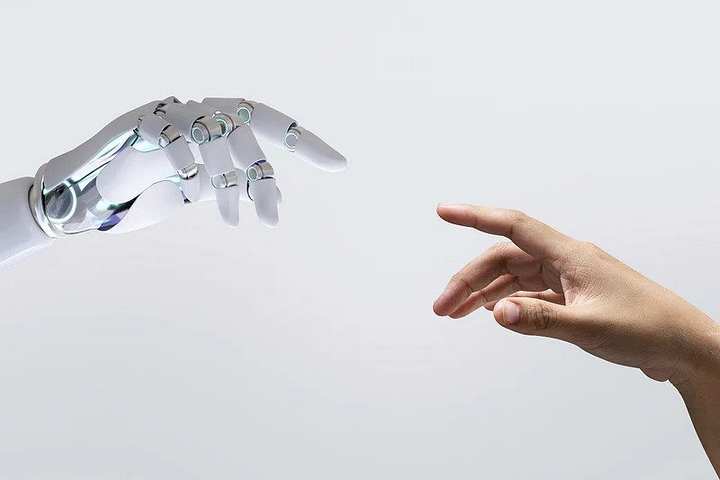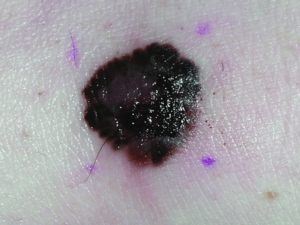 Michelangelo painted Adam’s finger reaching out for a divine spark, will AI ultimately seek to join with humanity.
Michelangelo painted Adam’s finger reaching out for a divine spark, will AI ultimately seek to join with humanity.
The growth of artifical intelligence (AI) is being described as a technological revolution, with applications in medicine often highlighted. Images of robot doctors are becoming common on social media.
Other applications are more prominent, such as the text generating abilities of ChatGPT and BARD. Academic institutions are anxious about students using instant creation, rather than time and research.
There are concerns on job losses, AI system security, militarisation, or robots ruling the world. The media fanfare has at times been alarming but how much is deserved and where will this take us.
Grasping The Future
A few of us might remember Robbie The Robot on screen many decades ago, said to be sure to soon become reality but that hasn’t happened yet. The future almost always takes longer to arrive than the hype suggests.
In a recent mini experiment, two professional copywriters went through 100 articles each, created by human hand and AI. Their ability to identify the source was close to 100%, too small scale to be called research but telling.
This does not mean AI systems will not soon proliferate, they already help to run so much. System security is vital, awareness of how AI can help militarily, along with the major impact this will have on employment.
Our focus is naturally on how AI will change the medical field, in particular dermatology and the ways this can help our patients.
Specialist Approaches
There has been considerable effort to train AI to analyse skin lesions, which they now do well, although not to the standard of an experienced consultant. Systems starting to be deployed for treatment planning and management are helpful.
A specialist AI search facility has been launched, with a focus on dermatology. The facility is powered by ChatGPT technology and offers instant answers to many questions, a time saving device for time pressured doctors.
The question is whether this offers real insight, by all means try for yourself at ReachRX but from our testing, we would say not.
ReachRX’s ability to gather, organise and produce information is of value. Time saved searching and details available which might have been missed but intuitive thinking is not evident, as is the general case with AI.
Teaching By Exposure
AI systems are normally built using machine learning, where they are exposed to vast quantities of data, including images. In the case of the latest generative systems, they can be exposed to more or less the entire content of the web.
As their creators have stated, the way AI neural networks learn is not entirely understood. This is at the heart of AI being imagined as truly intelligent, sentient as one Google engineer stated, before he was sacked.
Sections of the media and others are stuck in the Robbie The Robot template, believing that AI will become like humans but better.
A range of tasks can be carried out far faster by AI and that range is expanding at a rapid rate. Roles from warehouse staff, to call centre employees, solicitors, accountants and more will be overtaken but this is not the same as being human.
The Future In Dermatology
AI’s ability to collate information and offer accurate, informed responses will help in medicine. We could move onto AI triage systems for general medical staff, to help decide whether to refer a case to a dermatology specialist.
This would be especially useful in remote areas, or countries with little support. The AI system could also efficiently organise and monitor treatment.
If sufficient quantities of clear, high quality data are made available and regularly updated, task based functions will be revolutionised. This is still not equivalent to replacing people in an overall sense.
What the long term holds we must wait to see but for decades to come, doctors will continue to meet your medical dermatology needs, as they should do.



